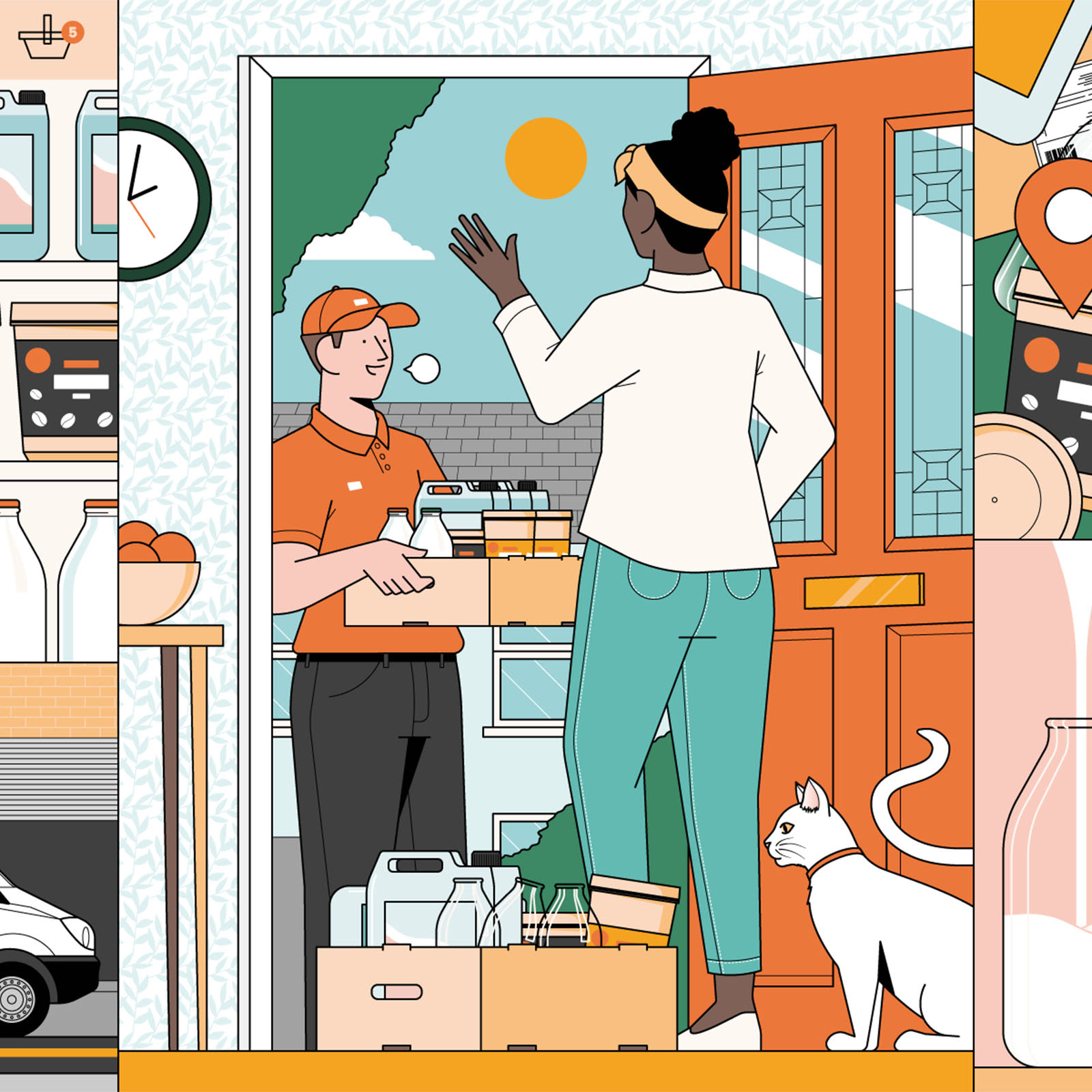
Most of the time, online marketing and new brands are geared towards younger audiences, and media companies run endless stories of crazy-successful 22-year-old founders. Yet recent studies show this paints only half the picture.
Older founders are much more likely to start companies – and succeed. According to the Founder Institute, age is one of the best predictors of entrepreneurial success. And as more advertising dollars are spent on online and social media ads, business owners risk alienating their older consumers – and their bottom lines. The number of people over the age of 65 – also the retirement age in a number of major economies – is projected to double by 2050. They are set to control around 70% of disposable income worldwide, with spending set to hit $15trn this year.
Modelled during a time when life expectancy was somewhere in the 70s, our collective assumption is that retirement is equal to slowing down. But today’s over-65s are radically redefining what it means to grow older. Longer life expectancy, better health and improved connectivity mean that older adults are retiring as financially, socially, culturally and physically active people. Only recently are we starting to see the beginnings of a newer, cooler economy for older consumers starting to emerge.
While so many products and services can fulfil a vital need, they can also alienate the majority of older consumers whose health is still intact. In fact, while calling for these outdated narratives to be scrapped, older consumers also want to move away from brands that tout anti-aging products and services. They want to be celebrated as they are.
Abi Buller, a researcher at The Future Laboratory, a strategic foresight consultancy, points out that spending on fashion by older people will increase by $14bn in the next 20 years. ‘This group has more time and more money than their younger counterparts,’ she says, also noting the over-reliance on youthful imagery in fashion. For businesses and brands looking to cater to this target market, listening to their needs is key, rather than making assumptions. Fashion and beauty are two growth areas, with brands expected to cater to mature bodies and skin types without compromising on taste.
With online self-presentation of this age group growing exponentially, digital brand communities and shareable content that allows them to connect with others are also a big win. Many older people are finding that retirement is not so much an opportunity to slow down as it is to restart completely. In the US, those over 65 are most likely to be self-employed. Good health combined with no dependents, no nine-to-five and perhaps even no mortgage payments go towards good conditions for innovative thinking and entrepreneurship.
Little has been done to address the ageism that older entrepreneurs face in the venture capital world, but green shoots are starting to emerge. Lived business experience and professional networks that older founders can draw upon can make them less risky investments, which raises questions about who is best placed to disrupt markets in the first place. Younger founders might spot an opportunity from afar, but older founders are likely to spot an in-depth gap after years of experience and built expertise in a particular sector.
‘Let your work speak for itself’
Jaleh Bisharat, who is in her early 60s, never thought she would start a business of her own; after leaving her role as chief marketing officer at Eventbrite, she began advising startups. It wasn’t long before she spotted a gap in the clean beauty market, and NakedPoppy was born. Sitting at the intersection of clean beauty, health and tech, NakedPoppy not only offers a range of beauty products, but also uses an AI-led algorithm to curate a personalised beauty and skincare routine for each customer. Here are Jaleh’s key takeaways for older founders:
1) Be radically customer-centric
‘Absolutely nothing matters more than putting yourself in your customer’s shoes,’ says Jaleh. ‘It is so easy to get caught up in “work” and the assumptions you are making about your customers, but you need to talk to them and learn from them regularly.’ In the world of beauty, she believes, older women are regularly alienated by anti-aging messages. Being an older woman herself allows her to not only be authentic in her communication to other women in her age bracket, but also to be universally appealing to younger customers.
2) Use your network
After a 35-year career in Silicon Valley, Jaleh found that she had no problem getting funding for her idea. For this she credits the people she got to know over the course of her career – a significant advantage of being an older founder. ‘“Networking” itself has a forced feeling to it, but if you work hard through your career, people get to know your work, and your work speaks for itself,’ she says. ‘In the early stages [of launching a business], people are betting on people, not just the idea.’
3) Leadership style is important
Building a people-centric business comes from careful leadership and, after various senior positions, Jaleh is keen to develop a culture of ideas at NakedPoppy as well. ‘Culture gets set at the top,’ she says, ‘and is mimicked through the organisation. It’s about how you handle those “Oh, shit!” moments, and project calm as well as projecting charisma.’
See more about the new business of growing old.
This article was first published in Courier issue 37, October/November 2020. To purchase the issue or become a subscriber, head to our webshop.


